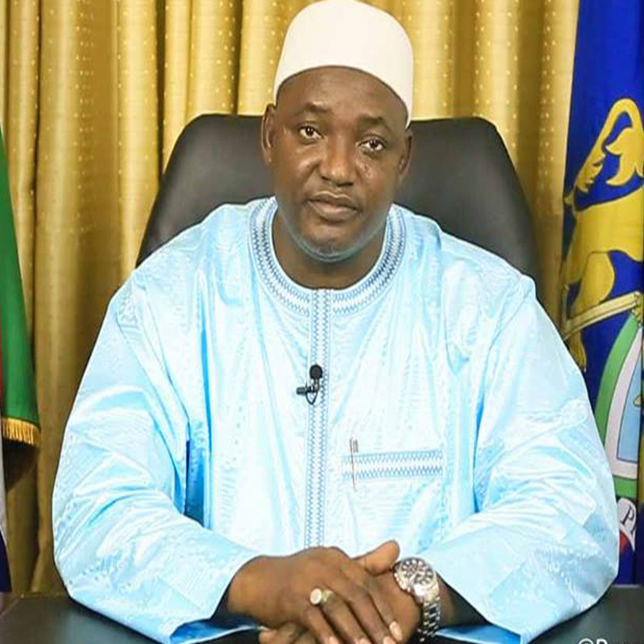Train Express Regiona
The Train Express Regional (TER) is an airport rail link in Senegal that connects Dakar with Diamniadio and the Blaise Diagne International Airport.
History
Equally modern and unique in its kind, should be the first standard gauge train, with bi-mode traction (thermal and electric) in West Africa. The guarantee of travel times, the expected level of comfort and safety will make it possible to respond favorably to the increase in demand for travel and the modal shift in an agglomeration that gains 150,000 inhabitants annually. The other expected benefits of the project include:
- The creation of 10,000 direct jobs
- The guarantee of travel times
- The level of comfort and safety guaranteed
- The transfer of technology and skills in the railway field
- Land valuation around the line
- Support for the development of the airport and economic zones
- The integration of communities crossed into the urban fabric
The TER is a mass transport that provides the connection between Dakar and Diamniadio, carrying 115,000 passengers per day. Eventually, it will make it possible to reach the new AIBD airport from Dakar in 45 minutes. Its cost for the first phase (Dakar-Diamniadio) is 568 billion, including 110 billion for the State and 458 billion for Technical and Financial Partners. 458 billion were borrowed at concessional or semi-concessional rates (average 3% and repayment period 25 years). This corresponds to a debt service of about 26 billion per year. These 26 billion must be put into perspective with the 100 billion lost by the Senegalese economy with traffic congestion in Dakar. We therefore see that the TER even earns the State at least 74 billion per year (100 – 26), not to mention the other socio-economic benefits related to the project, including the structuring of urbanization. The cost of renouncing the TER would therefore be enormous because, with the emergence and development of economic activities, the negative externalities induced by the absence of mass transport would far exceed the estimated 100 billion losses for the economy.
Among the positive effects of the project, can be considered among others:
- supporting the population growth of the Dakar agglomeration, estimated at 3% per year;
- the improvement of the operating conditions of public transport, by providing compensation savings (PTB and DDD) estimated at FCFA 4.5 billion annually;
- the development of freight traffic with the ripage and renewal of the metric track;
- the reduction of traffic congestion in both traffic and parking with respectively, the saving of 1.32 million hours per year for motorists and more than 3,000 parking spaces;
- the reduction of greenhouse gas (CO2) emissions; a contribution to the State of Senegal’s commitments in the face of climate challenges, with 8500 tons of CO2/year saved in 2025.
The list of these positive effects is not exhaustive. Indeed, the TER will also allow a massive creation of jobs and a significant transfer of technologies:
The TER Job Creator
During the work and operating phases, nearly 10,000 direct or indirect jobs will be created. This, in addition to training, will allow thousands of young people to find a job and specialized professional qualifications.
The TER vector of technology transfer and training
Taking into account the need to constantly increase the level of knowledge and skills in the railway field, the protocol preparing for the operation of the TER and its maintenance takes into account, in agreement with the SNCF and RATP, the establishment of a training center dedicated to urban mobility. The long-term mastery of the technological innovation introduced by TER into the Dakar transport system implies making human resources training an inseparable priority of the implementation of the project. In addition to this approach and with a view to the implementation of the TER projected in January 2019, a critical mass of people will be recruited and trained, taking advantage of the work phase of the project.
The protocol signed with SNCF and RATP for the operation of the TER will promote a transfer of technologies that will allow our country to have the necessary tools and skills in the field of railway operation and maintenance









